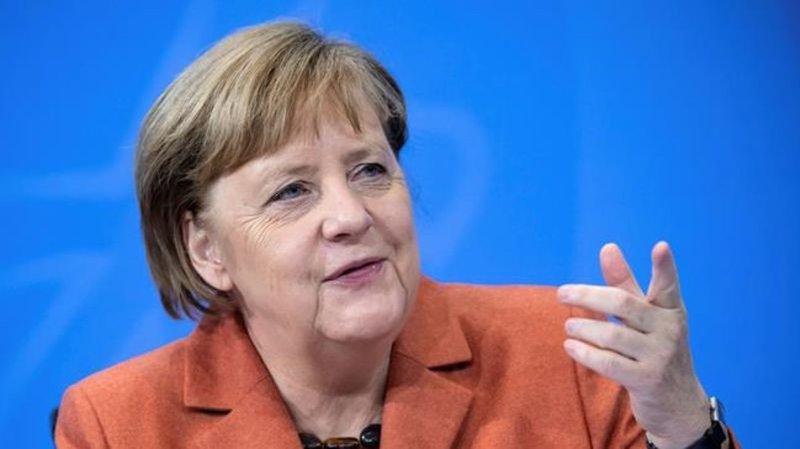
Silent nights: Germany tightens lockdown over festive period
BERLIN — Most stores shut, tight limits on social contacts, no singing in church and a ban on fireworks sales: Germany is ratcheting up its pandemic restrictions in an effort to cut the stubbornly high rate of coronavirus infections.
Chancellor Angela Merkel said she and the governors of Germany’s 16 states agreed Sunday to step up the country’s lockdown measures from Dec. 16 to Jan. 10 to stop the exponential rise of COVID-19 cases.
“We are forced to act, and we’re acting too,” Merkel told reporters in Berlin, noting that existing restrictions imposed in November failed to significantly reduce the number of new infections.
The seven-day rolling average of daily new cases in Germany has risen over the past two weeks from 21.23 new cases per 100,000 people on Nov. 28 to 26 new cases per 100,000 people on Dec. 12.
